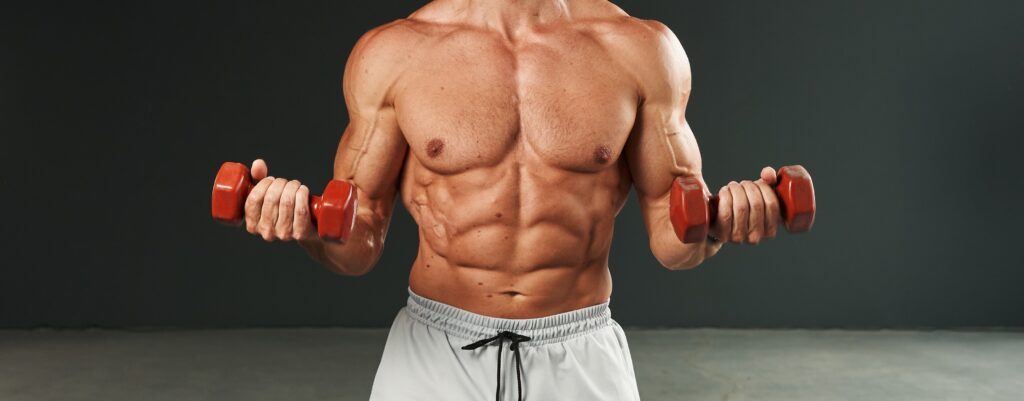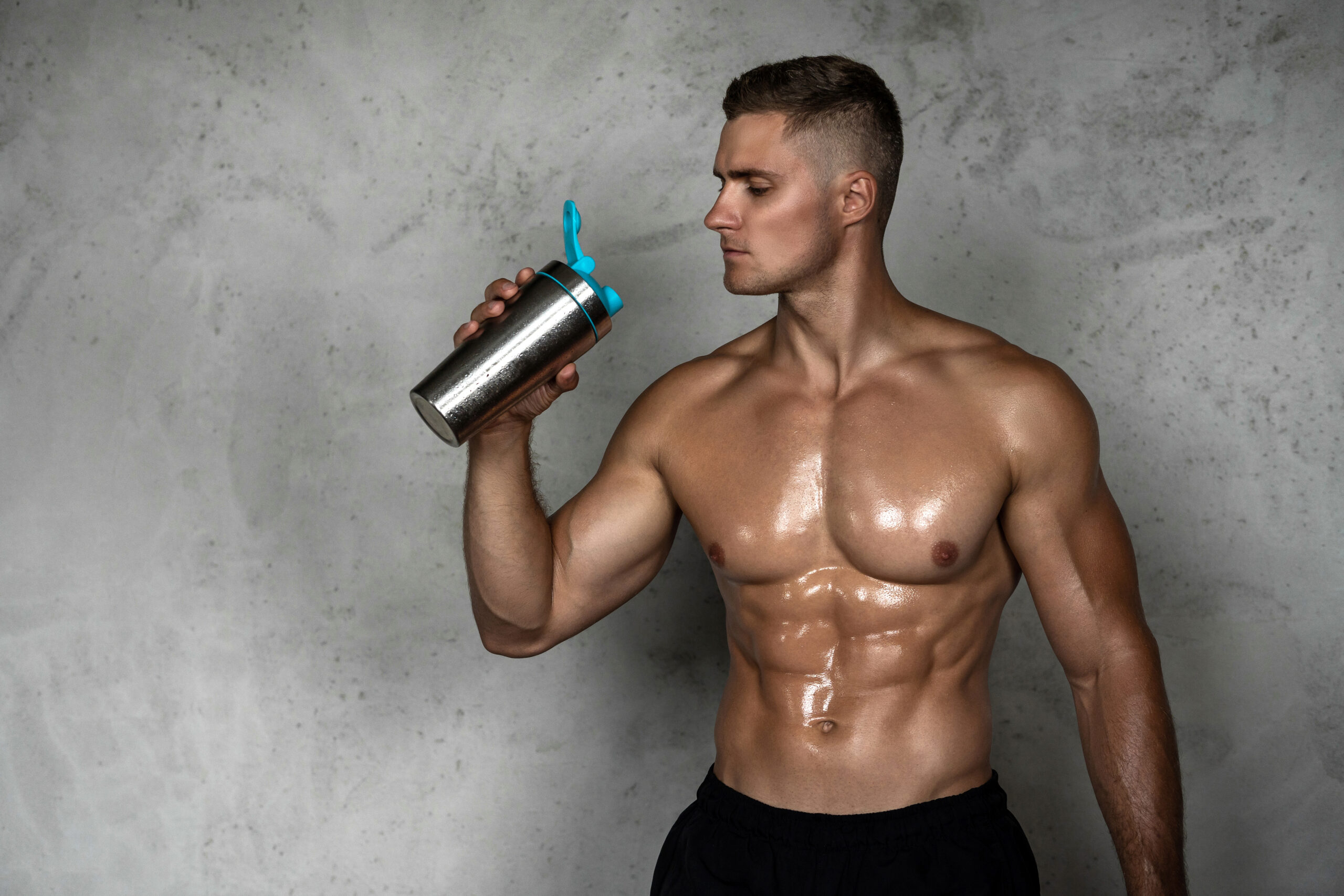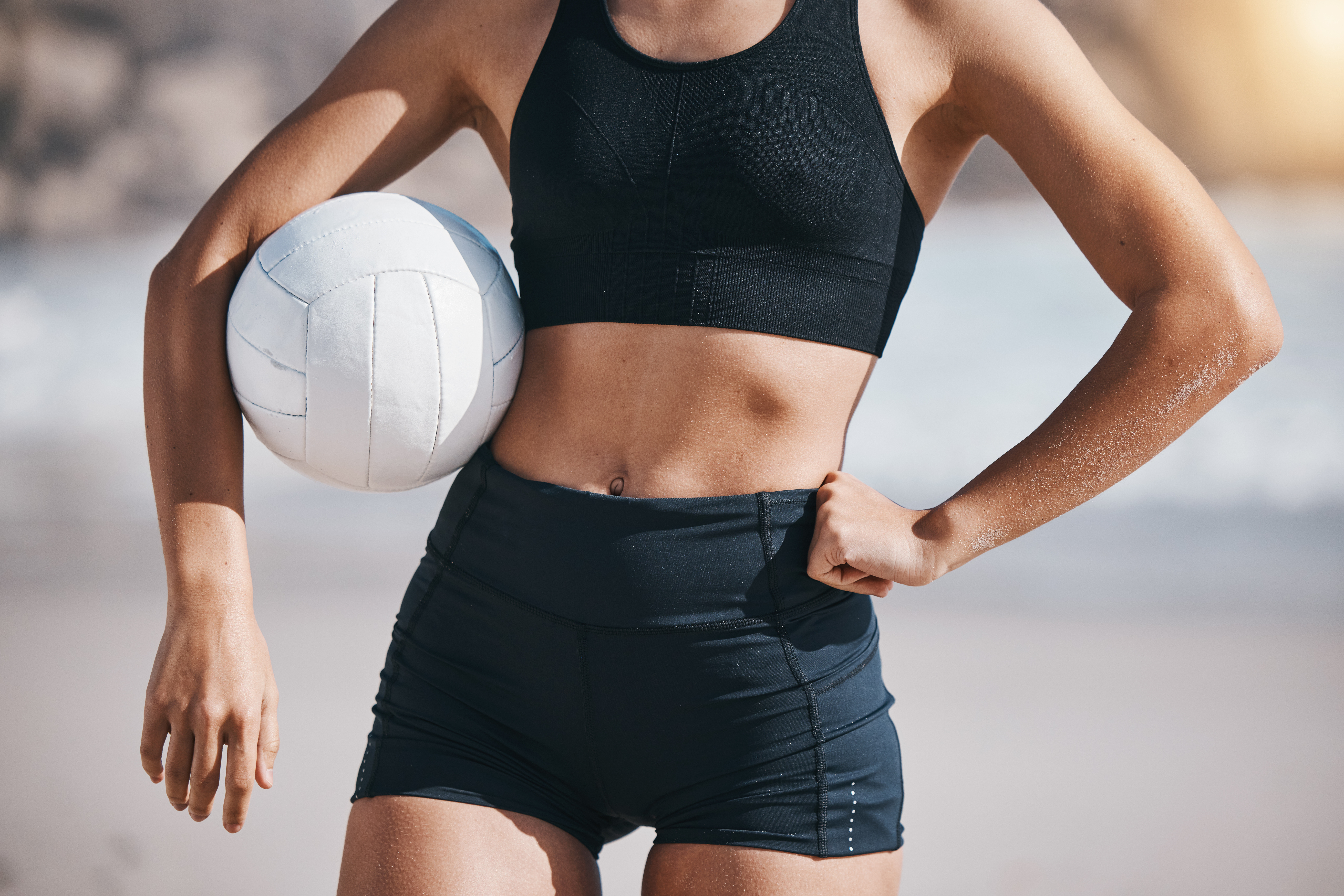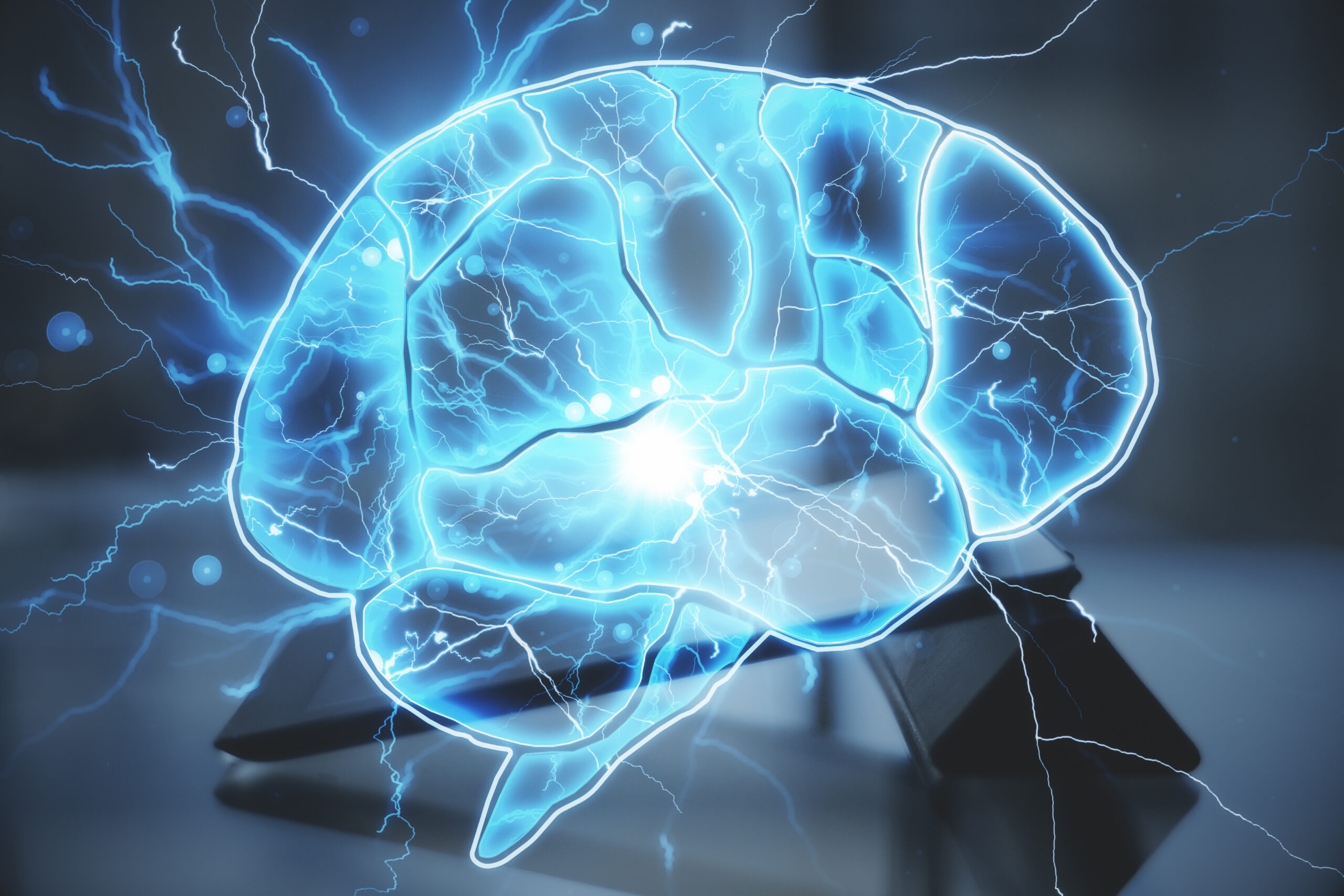Nutritional supplementation is a key component for many athletes and people involved in the world of fitness. It is a way of adding extra components to our diet in order to maximize the results of our workout routines and shorten the times for visible results. Of course, creatine is a leading name in this kind of supplementation.
As such, it must be in line with our eating choices regarding quantity, quality, and timing. As we explored in our previous article, there is a lot of relevant information regarding the relationship between creatine and food. For today we will expand upon all that available data.
Enter EVEN MORE FACTS AND FIGURES ABOUT CREATINE AND FOOD!
CREATINE AS A FUNDAMENTAL COMPOUND
The widespread perception of creatine is surely that of a nutritional supplement. However, creatine, as a naturally produced compound, is an indispensable element in the correct functioning of our body. Subsequently, there isn’t a direct natural replacement for either creatine or its key role in energy production.
Scientific evidence shows that an inadequate intake of creatine from food could not be fully compensated by internal synthesis, making creatine is an indispensable amino acid derivative for humans.
This is the reason behind the importance of finding a balance between the estimate amount of creatine produced by the body (1 gram a day) and the creatine levels of our dietary choices.
Don’t forget to check out all the information regarding foods containing relevant levels of creatine in our previous article.

CREATINE INTAKE: ALL YOU NEED TO KNOW
As well-researched as creatine is, it still shares some elements with other nutritional supplementations regarding its intake logistics. For instance, proper hydration is a basic factor in taking advantage of all benefits it can provide to your body. Furthermore, it is important to stay consistent with the dosage to maximize its effects. This is true even if creatine allows you to miss a dose without the need to increase further intake to compensate.
However, if we focus on other aspects like timing and nutritional habits, there are many more things to consider when taking creatine. Let’s check them out!
HOW DOES IT WORK WITH OTHER NUTRIENTS?
Regarding this recurring question, one could take into account that some specific nutrients can either slow down or speed up the digestive process. For instance, some minerals may make digestion slower, while it may be facilitated by specific vitamins. This leads to the conclusion that the composition of a meal can influence how supplements like creatine are absorbed into the bloodstream.
According to research, creatine absorption and utilization by the body can be improved by including carbohydrates and proteins in our meal. Moreover, additional studies suggest that this combination of creatine, carbohydrates and protein result in greater creatine storage in the muscles compared to creatine intake alone. This seems to be due to the enhanced role of insulin in facilitating the transport of creatine into the muscle cells.

SHOULD I TAKE CREATINE ON AN EMPTY STOMACH?
That would be the next logical question considering what we just explored in the previous section. Even if taking creatine on an empty stomach will probably not maximize its effects the way that combining it with food would, it does not mean that it will reduce its overall effectiveness in any way.
Indeed, there are additional reasons to choose one way or another. For example, it may be easier for some to remember their daily creatine intake when it is meal time. At the same time, some athletes may have a before/after workout intake timing unaligned with their meal times.
All in all, there is no clear answer to this question from a purely scientific point of view. It may come down to just personal preferences, body response or personal effectiveness perception. One may just try both ways to see which one suits you better.

what is the right amount of creatine?
Body weight is a defining factor when determining the right amount of creatine intake. The size of a standard scoop (around 5 grams) is an adequate daily measure for most athletes. This can be reduced to 3 grams a day for lightweight athletes.
This standard dosage level has been proven sufficient to improve measures of lean tissue mass and muscle performance in young and older adults, resulting in higher levels of endurance, strength, and power. Nevertheless, increasing this daily intake to 8 grams can help reduce levels of bone mineral density loss and bone resorption in older adults.
We must not forget that, apart from observing consistency, resistance training is required for optimal performance of creatine.
WHAT IS THE PERFECT MOMENT FOR INTAKE?
Is it before workout or is it after workout? Actually, there is no real agreement over that matter. Science has found no significant differences between taking creatine in advance of workout or after finishing. Its use, however, is always recommended shortly before or after the exercise session. This also allows for the possibility of splitting the dosage, taking half before and half after your session, and essentially gives you some margin for freedom of action.

OUR CONCLUSIONS
In our article EVEN MORE FACTS AND FIGURES ABOUT CREATINE AND FOOD we have tried to round up all relevant information about the relationship between them.
We have explored the concept of creatine as a fundamental compound in our body due to its key role in energy production and the lack of a replacement, counting only on food sources to increase its intake when supplementation is not available. Furthermore, we have commented on different facts regarding the optimal intake of creatine, including its relation with other nutrients such as proteins and carbohydrates. Additionally, we have analyzed whether it is a good idea to take creatine on an empty stomach, the best moment of the day to take it, the ideal amount, and if it should be before or after workout.
About the best option of creatine as a nutritional supplement, we recommend the unique formula of Clonapure®, which requires no loading phase and contains both creatine monohydrate and phosphocreatine. With no caloric value and nutritional levels that reach zero regarding fats, salt, and sugar, it is the one product in the market that gives you immediate energy for your muscles. This translates into more energy, shorter recoveries and better performance.
Clonapure® is manufactured in a GMP site and has its purity and quality consistently verified through continuous testing (HPLC). If you think the moment has come to give Clonapure® a go, try here!








